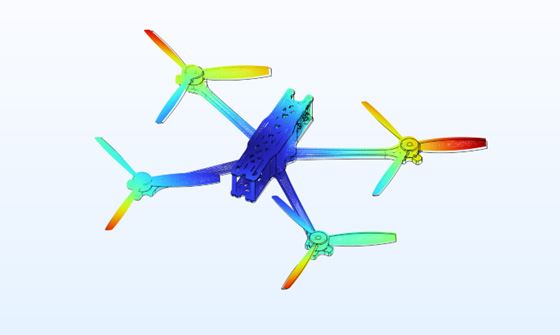The RAPID project is funded by the European Union’s Horizon 2020 research and innovation programme under grant agreement N° 861211.
State-of-the-art drone technology is integrated in the project to deliver a fully automated and safety assured maintenance-inspection (MI) service for bridge inspection, ship hull surveys and more. By combining self-sailing unmanned surface vehicles (USV) with swarms of autonomous unmanned aerial systems (UAS), RAPID could drastically cut the time and cost of structural condition monitoring.
RAPID-enabled MI services would increase efficiency and competitiveness for maritime transport stakeholders – such as ports, shipping companies, and landside transport authorities, thus delivering the safe and seamless operation of supply chain and mobility infrastructures including material handling equipment, cargo and passenger ships, and bridges.
This encourages prioritisation of safer transport infrastructure with more environmental friendy technology. The return on investment can enable RAPID to gain market traction and incentivise commercial proliferation, bringing RAPID into use for the overall benefit for the society.
RAPID is coordinated by University of West Scotland. SINTEF lead Work Package 3 and contribute with the design and implementation of the autonomous renewable system. A digital twin is developed by SINTEF that monitor health conditions of the system´s critical components and predict the produced and consumed energies for the upcoming a couple of days, based on weather forecast and the operational profile.
Partners in the project consortium:
- University of West Scotland (coordinator)
- Hamburg Port Authority
- University of Dundee
- Revolve Media
- Thales
- University of Limerick
- Fraunhofer CML
- XOcean
- SINTEF

